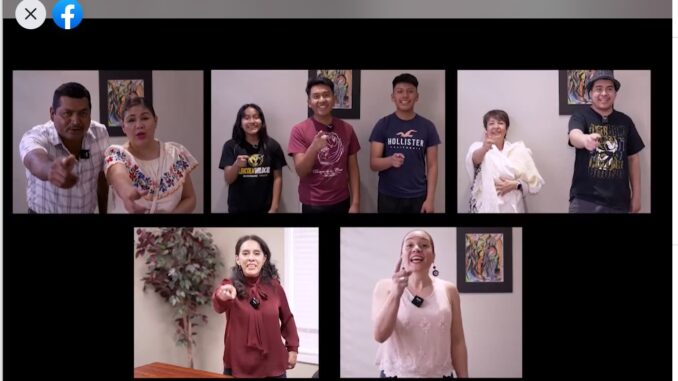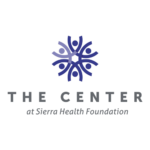
By Allen Pierleoni
Video skits posted to social media make the Census message clear in a relatable way – Participate!
What’s essential to the success of the 2020 Census? Clearly, the ongoing priority of community outreach.
In real-time practice, the Central California Environmental Justice Network (CCEJN) is masterful at convincing the underserved to participate.
For instance, prior to the pandemic, it performed special pop-up Census-themed programs at posadas and flea markets for immigrants throughout the San Joaquin Valley.
One of its most productive staging grounds was through the Consulate of Mexico. The consulate held special hours one Saturday each month, bringing crowds of up to 500 from surrounding counties.
“They were a captive audience,” says Nayamin Martinez, CCEJN executive director. “We performed skits to reinforce the Census message, handed out flyers and told people how to get help.”
Then the pandemic struck and Martinez and her team retooled their outreach program. The resulting scripted videos, promoted via social media, feature “community members who people can relate to,” she says. “The skits are a truthful approach that connects with audiences.”
They were so effective that CCEJN’S many community partners requested to use them.
“In one, we wanted people to understand that it’s even more important to participate in the Census during the pandemic because it’s the way the government determines how many emergency resources to allocate to communities,” Martinez says.
One video featured a party where too many people showed up (why everybody needs an accurate count). Another featured community members chatting about the importance of the Census while waiting for a bus.
“(Immigrants) are under the false impression that the Census is a long form asking about citizenship and financials,” Martinez says. “We broke down all of that.”
In part, the videos’ success was marked by “the number of phone calls from people who needed assistance responding to the Census, especially in rural communities,” she says.
In conjunction were two COVID-related telephone surveys. One asked about working conditions and housing, then segued into the Census. The other explored COVID-19 cash assistance to agricultural and undocumented workers, then asked the question: Have you responded to the Census? If not, here’s how.
“Our communities are always short of the resources we need.” Martinez points out. “If we don’t count ourselves, we won’t receive those resources.”

